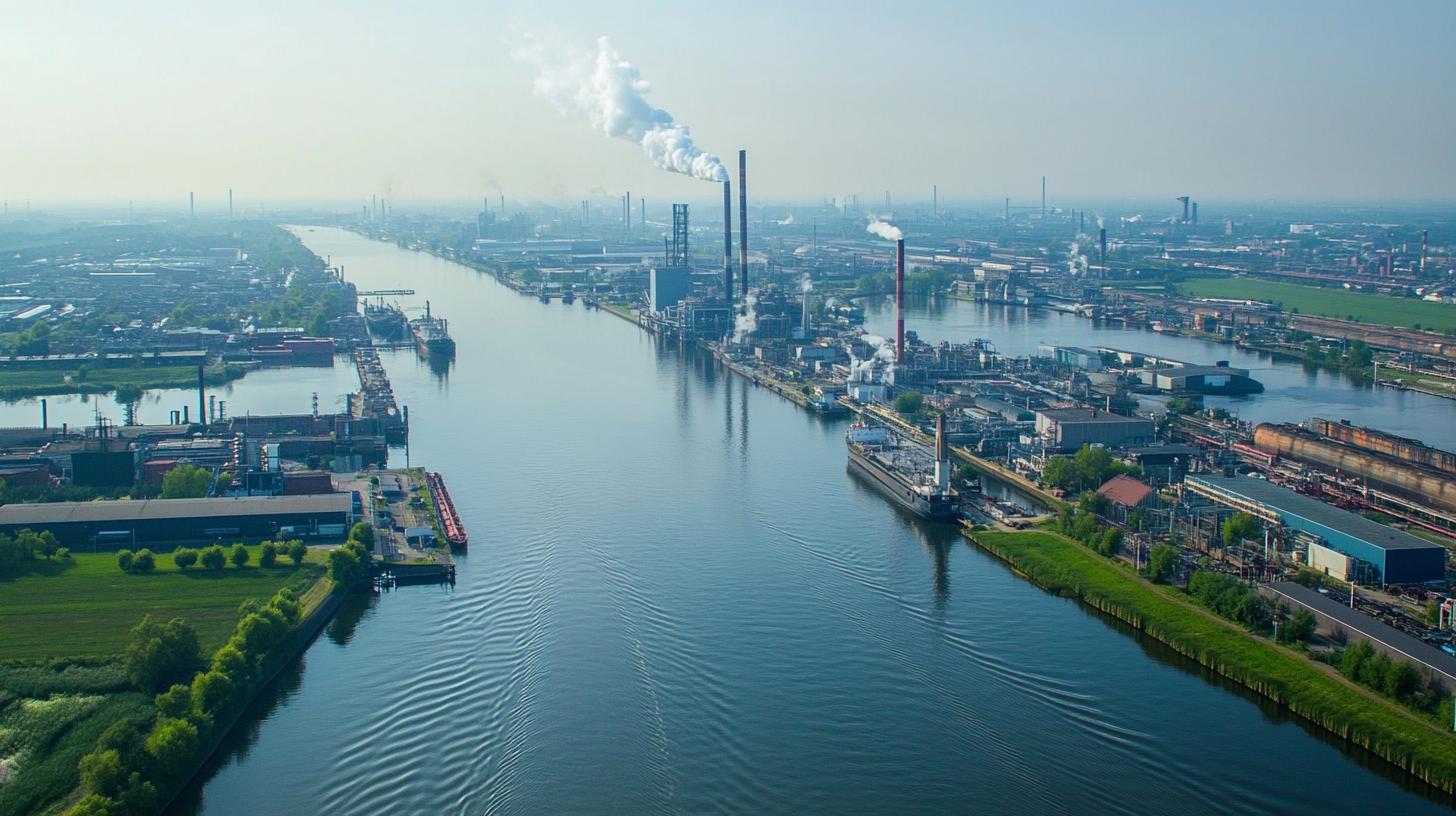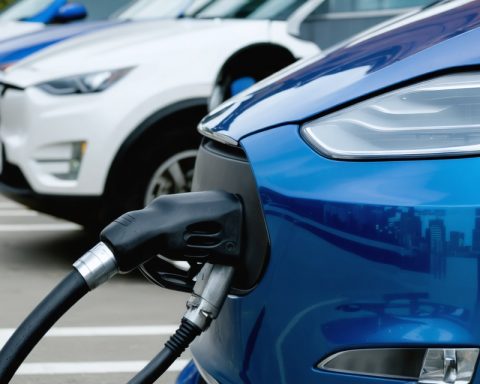A recent investigation has uncovered measurable hydrogen emissions from industrial activities in the Netherlands, marking an important milestone in understanding their environmental impact.
Research focused on hydrogen emissions originating from the Chemical Park Delfzijl, where hydrogen is both produced and utilized, particularly in the manufacturing of caustic soda. This study is the first to quantify these emissions at a level deemed relevant to climate change, underscoring the necessity of addressing potential environmental concerns associated with hydrogen production.
The findings indicate that while hydrogen is often celebrated as a clean energy source, its production process can still contribute to atmospheric changes. Understanding the emission levels helps to highlight areas where improvements are needed to ensure hydrogen’s role in a sustainable energy future.
Hydrogen is expected to play a significant part in reducing global dependence on fossil fuels, but the study suggests that its production processes must be carefully monitored and refined. By providing concrete data on emission levels, this research serves as a catalyst for improving environmental practices in industrial hydrogen production.
This breakthrough in measuring industrial hydrogen emissions sets a precedent for future research and policy development. As nations worldwide strive to adopt greener technologies, understanding the full environmental impact of these technologies becomes increasingly crucial. This study thus plays a vital role in guiding industries toward more sustainable practices while retaining hydrogen’s promise as a key component of the energy transition.
The Impact of Industrial Hydrogen Emissions on Society and Environment
The recent revelation of measurable hydrogen emissions from industrial activities in the Netherlands marks a crucial development in our understanding of hydrogen’s environmental footprint. The study, concentrating on emissions from the Chemical Park Delfzijl, provides critical insights into how this acclaimed “clean” energy source might still influence atmospheric conditions. This discovery isn’t just an academic discussion—it has tangible implications for individuals, communities, and nations, stirring debates and prompting reassessment of hydrogen’s role in our future energy mix.
Hydrogen’s Double-Edged Sword
While hydrogen is championed as a cleaner alternative to fossil fuels, its production doesn’t come without drawbacks. The process of hydrogen generation, particularly in industrial settings, can still release emissions that contribute to atmospheric changes. This adds a layer of complexity to hydrogen’s status as a savior in the quest for sustainable energy sources. The paradox lies in hydrogen being both a potential solution and a contributor to environmental challenges.
Communities near industrial hubs such as Chemical Park Delfzijl are directly impacted. On one hand, these facilities offer economic benefits and jobs, fostering local development. On the other, they may pose environmental risks if emission levels are not adequately controlled. This can lead to alterations in air quality and potentially affect public health, urging locals to weigh the economic benefits against environmental costs.
Country-Level Implications and Global Practices
For countries aiming to transition to cleaner energy systems, the implications of this study are immense. Nations must now reconsider their hydrogen production policies. The Netherlands, with its ambitious environmental goals, faces the challenge of refining its hydrogen production techniques to align with sustainability targets.
On a global scale, these findings invite countries to introspect on their environmental strategies and industrial standards. As countries compete to lead the green energy revolution, the pressure to innovate in clean technology grows more intense. This could spur advancements in hydrogen production methods, pushing for less emission-intensive processes.
Controversies and the Path Forward
Hydrogen’s role in the clean energy dialogue is not without controversies. Critics argue that labeling hydrogen as entirely “clean” overlooks the emissions associated with its production. Proponents, however, emphasize the need to focus on technological advancements that minimize these emissions, presenting hydrogen as a scalable pathway to reducing carbon footprints.
The call to action is clear: industries and policymakers must leverage research like the one conducted in Delfzijl to guide their decisions, ensuring hydrogen’s place in an environmentally responsible future. Enhanced monitoring, stricter regulations, and investment in cleaner production technologies are pivotal steps forward.
In conclusion, this pivotal study from the Netherlands serves as both a warning and a motivator. It highlights the complexities of transitioning to sustainable energy and underscores the necessity of holistic approaches that address both production and consumption impacts. The path forward lies in embracing innovation and committing to continuous improvement in environmental practices to truly harness hydrogen’s potential in mitigating global climate change.
Learn more about sustainable energy transitions at International Energy Agency or explore technologies at U.S. Department of Energy.














